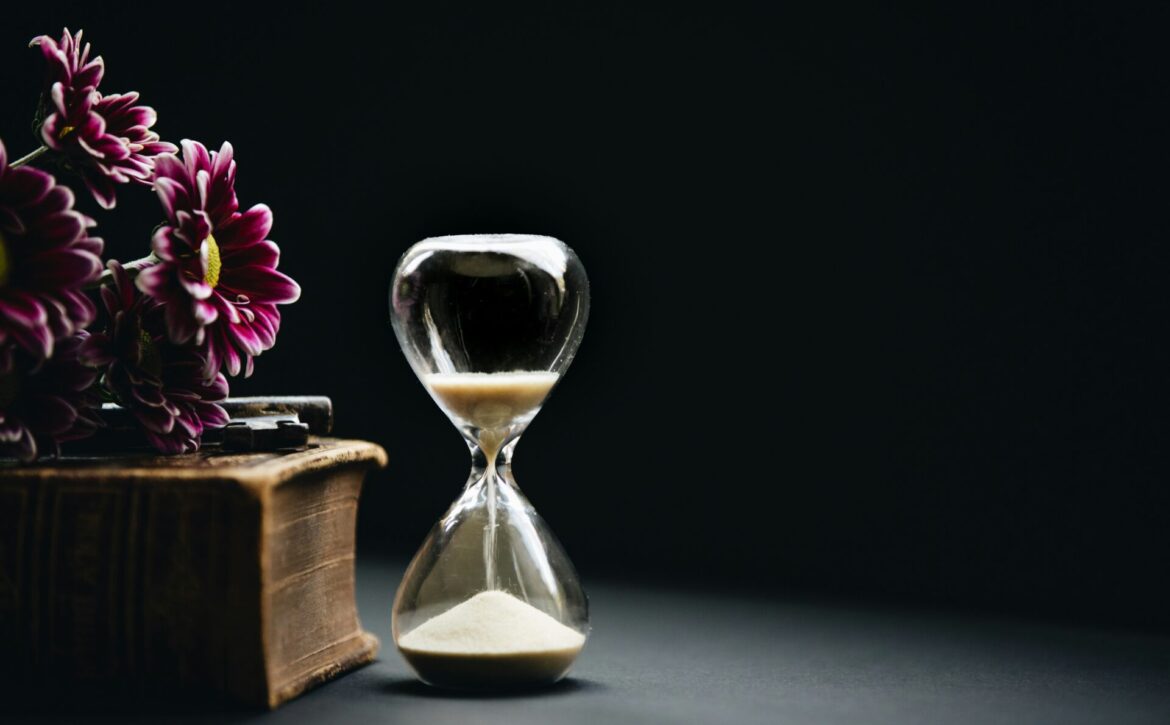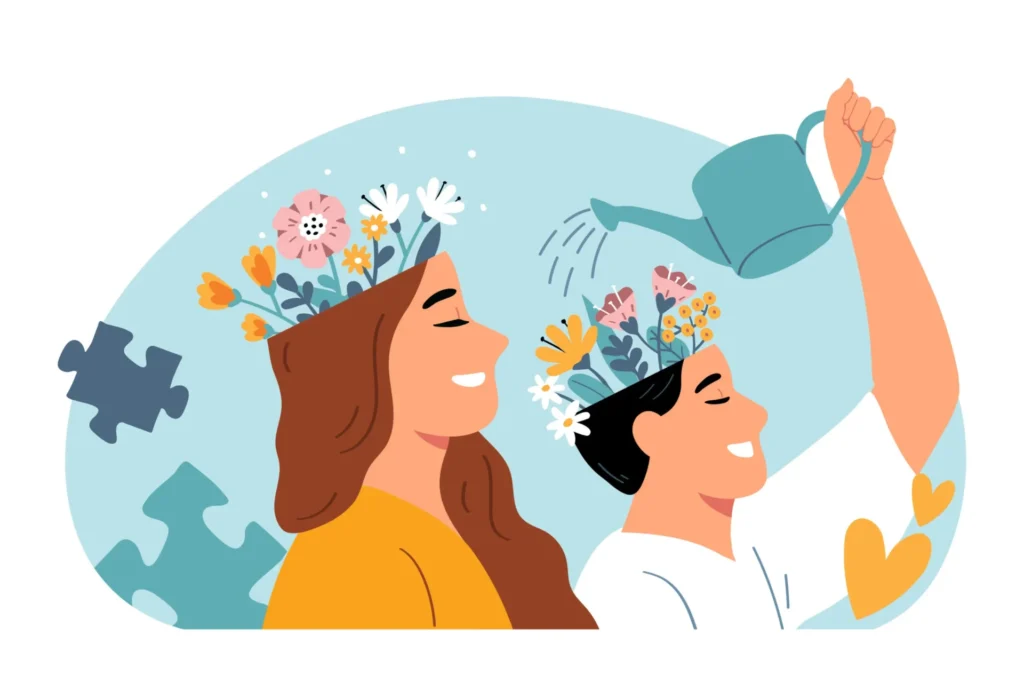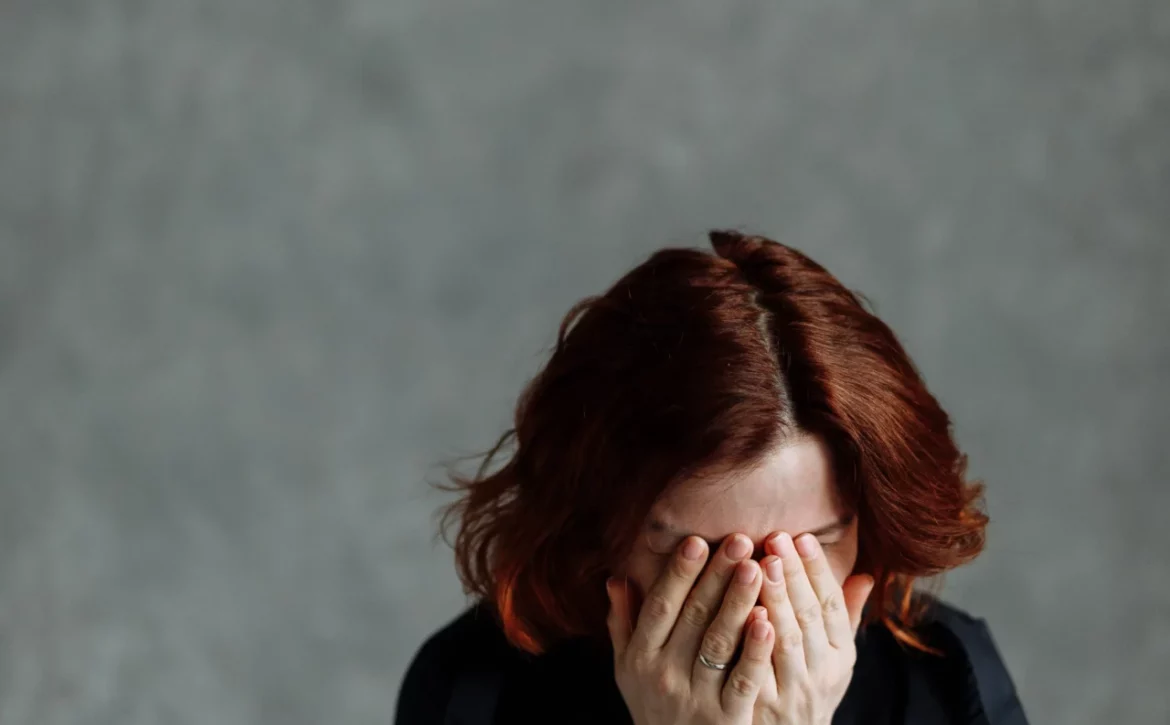In a world that’s increasingly interconnected, it’s impossible to ignore the shared experiences of trauma faced by entire communities, nations, and even the global population. This phenomenon, known as collective trauma, is a topic of growing importance. In this blog post, we’ll delve deep into the concept of collective trauma and healing, its consequences, and, most importantly, how we can embark on a journey of healing. We’ll also explore the pivotal role played by trauma counseling and the exceptional contributions of psychologists in Oakville towards collective trauma recovery.
Understanding Collective Trauma
What is Collective Trauma?
Collective trauma refers to the shared psychological and emotional distress experienced by a group of people due to a common traumatic event or events. These events can be natural disasters, war, economic crises, or even a pandemic, as we’ve witnessed in recent years. The impact of these events is far-reaching, affecting individuals, communities, and societies as a whole.
How it Differs from Individual Trauma
While individual trauma is centered around a person’s unique experiences, collective trauma transcends individual boundaries. It binds people together through shared suffering, leaving an indelible mark on the collective psyche. Understanding this distinction is crucial for addressing and healing collective trauma effectively.
Impact on Communities and Societies
Collective trauma can disrupt the fabric of societies, leading to mistrust, division, and fear. Communities may experience elevated rates of depression, anxiety, and even post-traumatic stress disorder (PTSD). This not only affects the present but can also shape the future of a community’s mental health and well-being.
The Need for Healing
Collective trauma cannot be swept under the rug. Ignoring it perpetuates suffering and perpetuates a cycle of pain. Addressing collective trauma is essential for the overall health of communities and societies.
The Role of Trauma Counseling
What is Trauma Counseling?
Trauma counseling is a specialized form of psychotherapy that aims to help individuals and communities recover from traumatic experiences. It provides a safe space for survivors to express their feelings, understand their trauma, and develop coping mechanisms. Trauma counseling is a key component in the healing process of collective trauma.
Finding the Right Trauma Counselor
Finding the right trauma counselor is essential for effective healing. Trauma counselors are highly trained professionals who specialize in addressing trauma-related issues. Looking for a reliable trauma counselling professional? Contact Cedarway Therapy now! They offer customized treatment plans tailored to an individual’s or community’s specific needs.
Personalized Treatment Plans
Trauma counseling is not one-size-fits-all. Counselors work closely with survivors to develop personalized treatment plans that may include various therapeutic approaches, such as cognitive-behavioral therapy, eye movement desensitization and reprocessing (EMDR), and exposure therapy.
Psychologists Oakville: Pioneers in Collective Trauma Healing
Oakville, Ontario, is home to a vibrant community of psychologists who have made significant contributions to the field of trauma counseling and collective trauma healing.
Expertise in Trauma Counseling
Psychologists in Oakville are well-versed in trauma counseling and have extensive experience in addressing collective trauma. Their expertise is reflected in their commitment to helping individuals and communities recover from traumatic events.
Collaborative Efforts with Communities
Psychologists in Oakville actively engage with communities to provide support, guidance, and counseling services. Their collaborative efforts have been instrumental in nurturing resilience and post-traumatic growth.
Steps Toward Collective Healing
Addressing collective trauma requires a concerted effort from individuals, communities, and society as a whole. Here are some key steps toward collective healing:
Recognizing Collective Trauma
The first step in healing is acknowledging the presence of collective trauma. Denying its existence only prolongs suffering. Open conversations and awareness campaigns can help communities recognize and validate their experiences.
Fostering Open Dialogue
Creating a safe space for individuals and communities to share their experiences is essential. Encouraging open dialogue helps survivors process their trauma and find solace in the shared stories of others.
Supporting Affected Communities
Support from friends, family, and the wider community is crucial for healing. Compassion, empathy, and active support can make a significant difference in the recovery process.
Nurturing Resilience and Post-Traumatic Growth
Resilience can be nurtured through various means, including therapy, self-care, and communal activities. While collective trauma is undoubtedly painful, it can also provide an opportunity for growth and increased resilience.
Strategies for Healing
Recovery from collective trauma is an ongoing process, but some effective strategies and therapies can aid in the healing journey:
Group Therapy and Support Networks
Group therapy sessions provide a platform for survivors to connect, share experiences, and learn from one another. Support networks, whether in-person or online, offer a sense of belonging and understanding.
Art Therapy and Expressive Arts
Art therapy can be a powerful tool for healing. Creative expression through art, music, and other forms of creativity allows individuals to process their trauma and emotions in a non-verbal way.
Mindfulness and Meditation
Practices like mindfulness and meditation can help individuals regain control over their thoughts and emotions. These techniques promote relaxation, self-awareness, and stress reduction.
Community Engagement and Volunteering
Getting involved in community initiatives and volunteering can be a way to channel the pain of collective trauma into a positive force for change. It fosters a sense of purpose and empowerment.
Overcoming Challenges
Addressing collective trauma is not without its challenges. Here are some obstacles that may be encountered along the way:
Stigmatization and Denial
Stigmatization surrounding mental health and trauma can prevent individuals and communities from seeking help. It’s crucial to break down these barriers through education and awareness.
Resisting Healing Efforts
Some individuals or communities may resist healing efforts due to a fear of vulnerability or past negative experiences. Patience, understanding, and support are key in these situations.
Navigating Political and Social Obstacles
Political and social factors can complicate the process of addressing collective trauma. Advocacy and community mobilization are essential to navigate these obstacles effectively.
Psychological Self-Care for Trauma Counselors
Trauma counselors also face emotional challenges. Self-care and regular supervision are essential on “How to Prevent Burnout During Times of Crisis” and ensure they can continue to provide effective support.
Conclusion
Collective trauma is a shared burden that affects communities and societies on a profound level. Addressing this trauma is not only possible but essential for healing and growth. Trauma counseling, along with the dedicated work of psychologists in Oakville and communities worldwide, plays a vital role in the recovery process. By recognizing collective trauma, fostering open dialogue, supporting affected communities, and nurturing resilience, we can pave the way toward a brighter, more resilient future. It’s time to acknowledge our collective pain and take the first steps on the path to healing. Remember, seeking help and sharing your experiences are the first steps towards recovery. Together, we can heal and build a more compassionate world.
Are you ready to embark on a transformative journey of collective healing? At Cedarway Therapy, we specialize in addressing the profound impact of collective trauma. Our expert therapists are dedicated to guiding you and your community towards a brighter, more resilient future. Take the first step today and avail yourself of Cedarway Therapy’s compassionate services to embrace collective healing and begin a new chapter of strength and growth. Contact us now!
FAQs: Collective Trauma and Healing: Navigating the Path to Recovery
What is the impact of trauma on collective well-being?
Collective trauma can have a profound impact on the mental and emotional health of communities and societies. It often leads to elevated rates of anxiety, depression, and other mental health challenges that require the expertise of mental health professionals.
How can mental health services help communities navigate collective trauma?
Mental health services offered by trained professionals play a critical role in addressing collective trauma. These services provide a safe and supportive environment for individuals and communities to process their experiences, develop coping strategies, and promote healing.
Is collective trauma different from individual trauma?
Yes, collective trauma differs from individual trauma in that it affects a group of people who share common traumatic experiences. While individual trauma is personal, collective trauma has wider social and cultural implications, emphasizing the importance of community-based healing efforts.
What are the signs that a community is experiencing collective trauma?
Signs of collective trauma may include increased levels of anxiety, depression, and a general sense of unease within a community. Communities may also exhibit divisions, mistrust, and a sense of shared loss or suffering, all of which necessitate intervention from mental health professionals.
How can I support collective healing in my community?
Supporting collective healing in your community can begin with open dialogue, raising awareness about mental health resources, and encouraging those affected by trauma to seek the help of mental health professionals. By fostering a sense of understanding and empathy, you can contribute to the healing process.






